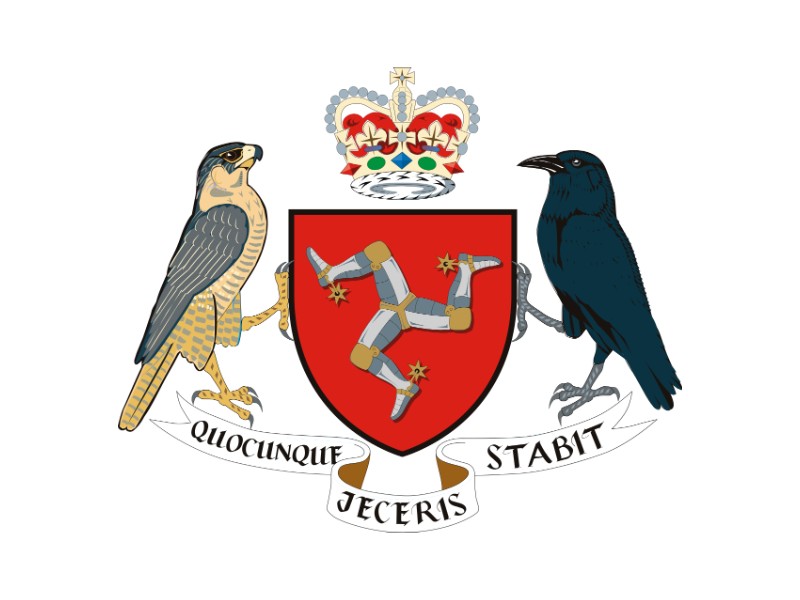
Department aims to refocus efforts on affordable housing delivery with new in-house agency and phased reforms
The infrastructure minister has announced a significant change in direction for the Island’s housing strategy, confirming that proposals to establish a Housing Association have been shelved in favour of a new government-led Housing Agency.
Delivering a statement in Tynwald, Dr Michelle Haywood said the Department of Infrastructure had been reviewing the Altair Report, which recommended the creation of an independent Housing Association.
However, she raised a number of concerns about the report’s recommendations, saying it lacked clarity on key operational issues such as accommodation costs, office location, and access to central government services - including the Office of Human Resources.
The minister told Tynwald members that setting up a Housing Association could take as many as three years, and said the Altair Report failed to fully account for the practical and financial implications of establishing a new body from scratch.
As a result, the Department will instead establish a Housing Agency within the Department of Infrastructure itself.
Dr Haywood described this as a “vital step” towards potentially creating a Housing Association in the future, but said that for now, keeping the entity within government ensures clear political oversight and avoids operational complexity.
Three phase introduction
The new Housing Agency will be overseen by a board chaired by a political appointee, supported by voluntary non-executive directors.
It will be introduced in three phases:
- Creation of the board and governance structure
- Review of allocation policies and rent setting
- Evaluation against the Objective Assessment of Housing Need
Dr Haywood said the phased approach would allow for flexibility and accountability, with success measured against agreed housing need criteria.
Staffing and operational challenges
The minister acknowledged “considerable challenges” involved in transferring staff from the Department’s public estates and housing division into a separate entity.
She said untangling those roles would have required additional personnel to fill gaps - an outcome which was not viable at a time when government departments are under pressure to control public sector headcount.
Concerns over governance and focus
One of the reasons for rejecting the Housing Association model, Dr Haywood said, stemmed from issues raised during the Tolson Report debate.
The proposed Housing Association model, she said, did not account for political governance and would have operated at arm’s length from government.
She highlighted that attention spent on structural reform had diverted resources away from delivering affordable housing on the ground.
Refocusing on delivery and affordability
Dr Haywood reaffirmed that her department’s focus is firmly on creating more housing, increasing affordability, and accelerating development.
She confirmed the department already holds development land and will work with the private sector to build new homes, while also exploring opportunities to refurbish or replace derelict stock.
A newly repurposed ‘Development Officer’ role has been introduced to help identify and deliver such opportunities.
No additional cost to taxpayers
The minister stressed that the Housing Agency would not place any additional burden on taxpayers beyond what is already budgeted.
She also assured tenants that they would continue to receive the conditions and services they deserve.
Altair Report not tabled for debate
Although the Altair Report has not been brought to Tynwald for formal debate, Dr Haywood insisted this decision should not be seen as dismissive.
Rather, she said the report only presented one pathway and did not fully explore alternatives or evaluate all associated costs.


 Isle of Man faces renewed scrutiny ahead of Moneyval inspection
Isle of Man faces renewed scrutiny ahead of Moneyval inspection
 Mobile classroom proposed for UCM horticulture compound
Mobile classroom proposed for UCM horticulture compound
 Chance to learn more about career opportunities on Island
Chance to learn more about career opportunities on Island
 Report highlights risks of environmental crime entering financial system
Report highlights risks of environmental crime entering financial system